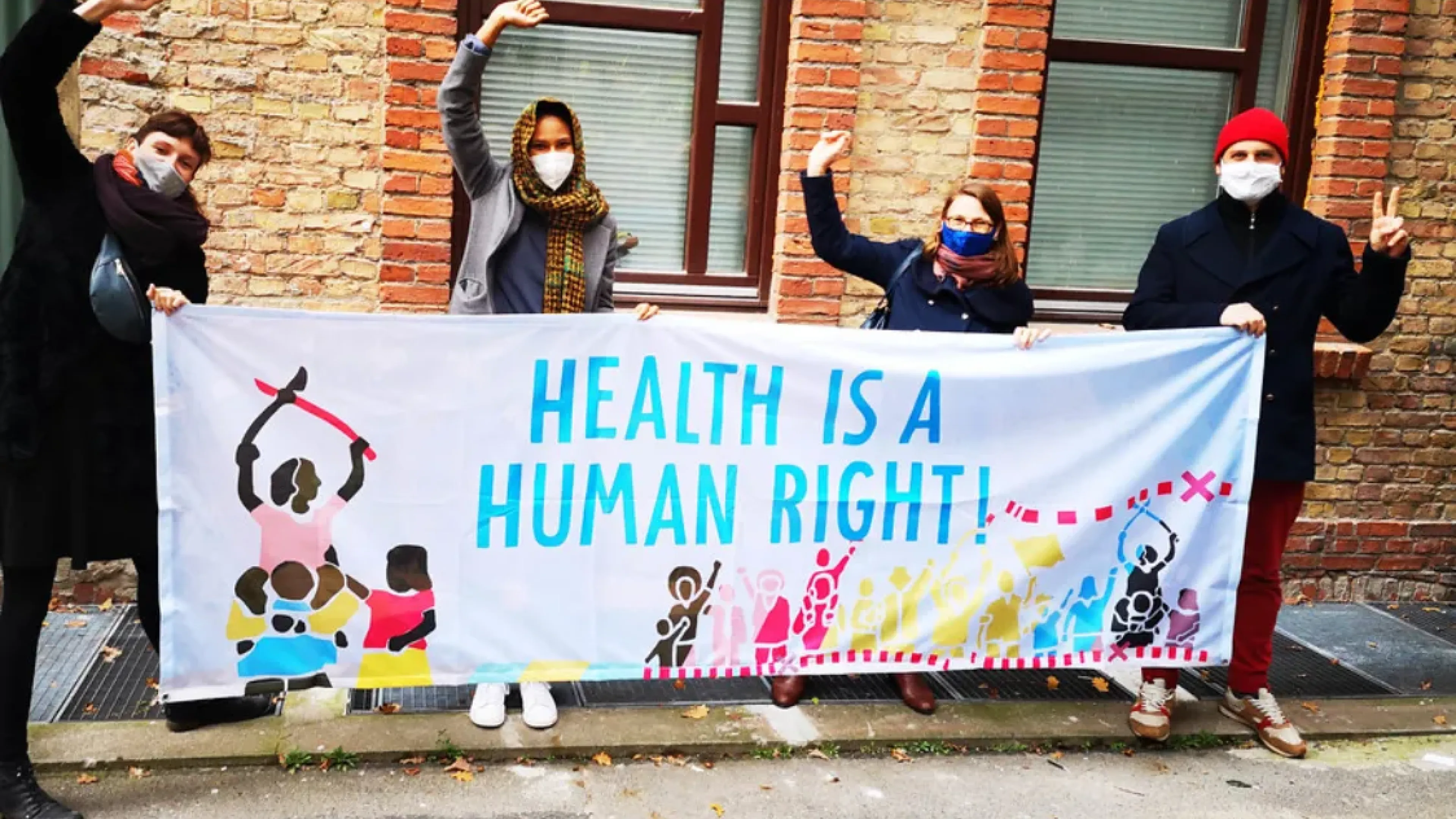You’re reading the web version of our email briefing on health policy, science and medical news. Sign up to get it next week.
Hi Healthwatchers, 👩⚕️👨⚕️
This week, Ontario dropped two very different health funding announcements: one for primary care, the other for a massive new hospital. One will help 300,000 people, per the government. The other is projected to open six years from now.
Also in this edition: a shake-up in Alberta hospital governance, signs of fraud in N.L. nursing contracts, and a major workplace ruling for immunocompromised people.

Ontario’s family doctor crisis has left 2.5 million people without a provider. But most of this week’s health spending won’t fix that.
What happened: The Ford government announced $235 million (over three years) to launch or expand 130 care teams across the province and connect about 12 per cent of those without a provider to care by the end of the year.
Days later, Premier Ford unveiled a $14 billion spend on Mississauga’s Peter Gilgan Hospital. The project is being billed as the future largest teaching hospital in Canada, and will only serve women and children.
The two announcements signal where Ontario’s health dollars are flowing, and where they’re not. Critics have accused the Ford government of underspending its health dollars while primary care languishes. $235 million over three years is less than $5 per Ontarian per year.
Dr. Jane Philpott, chair of Ontario’s Primary Care Action Team, welcomed the new funding. But even if the government manages to attach 300,000 people to care, millions more will remain in limbo.
More funding details are expected in the fall. But for now, the province’s biggest cheque will go to a hospital that will open years from now, not the part of the system that millions can’t access in the here and now.
Read more…

The province says local control will make care faster and more efficient.
Why it's important: Premier Smith says the goal is efficiency. But there’s no clarity on how decisions will be made, if hospitals will get new boards, or if administrators will be able to restrict which services are available. This ambiguity can have consequences.
In 2024, Smith floated the idea of handing much of the province’s hospital operations to Covenant Health, a Catholic provider that doesn’t offer abortion, MAiD, or gender-affirming care.
A leaked draft of a revised Alberta Bill of Rights, surfaced by anti-abortion activists, also sought to enshrine life “from conception to natural death.” Taken together, the two developments raised fears that “local control” could be used to restrict access to reproductive, gender-affirming, and end-of-life care.
In Texas, where abortion bans leave hospitals uncertain about when they can intervene in life-threatening miscarriages, local policies diverge wildly. Sepsis rates (and deaths) are higher in places where hospitals choose to delay care.
Read more…

A new audit suggests millions in public funds were wasted (or worse) in N.L.’s $73M in contracts with a Toronto-based travel nurse agency.
Why it's important: Auditors found suspicious billing by “Agency A” (inferred by the Globe to be Canadian Health Labs). Officials now face calls for criminal investigation and the full recovery of funds.
The company charged for meals nurses actually bought themselves and billed $100K for vehicle rentals linked to nurses who weren’t even in the province. The government of Newfoundland and Labrador paid up to $404K per travel nurse annually. That’s more than triple what a public-sector nurse costs.
Read more…

After receiving a single dose of experimental stem cells, a London, Ont. nurse with Type 1 diabetes hasn’t needed insulin in nearly two years.
Why it's important: Amanda Smith was one of 12 patients in a trial of Vertex’s lab-grown islet cells. Ten of them have stopped insulin, including Smith, who says it’s changed her life.
The cells are deposited into patients’ livers, where they eventually start functioning like pancreatic islet cells. But recipients need lifelong immune suppression, which brings its own set of risks. The remaining two trial patients have died, at least one of these deaths was likely related to the anti-rejection medication.
Read more…

A B.C. ruling says immunocompromised workers have a right to accommodations during communicable disease outbreaks such as influenza, COVID, or measles.
Why it's important: The decision creates new expectations for employers as viral threats become more common, less seasonal, and more constant.
A firm was found to have discriminated against an architect by forcing him to work in-person during the early days of COVID, despite his immunocompromised status. Now, with measles on its way to endemicity, similar accommodations (like remote work or reassignment) could be required for workers who provide medical evidence of immunocompromised status.
Read more…

The Canadian Dental Care Plan is prompting some companies to cancel private coverage, putting pressure on the new system.
Why it's important: Dentists say the CDCP isn’t meant to replace private insurance, but is being treated that way by employers looking to cut costs.
If trends hold, up to 17 million people could soon be eligible. That’s far more than the plan was designed for. Ottawa hasn’t outlined any safeguards to prevent this from becoming a bigger pattern, and dentists warn it could compromise quality and threaten the survival of national dental care.
Read more…
That’s all for today.
This week brought us the usual mix of promises and talking points, in addition to one very expensive hole in the ground. Fun, fun.
See you fine folks in a week,
Nick Tsergas, Editor
Canada Healthwatch
[email protected] | canadahealthwatch.ca
Stay informed.
On the most important developments in Canadian health.
Get Canada’s essential briefing on health policy, science, and system change. Get Briefing